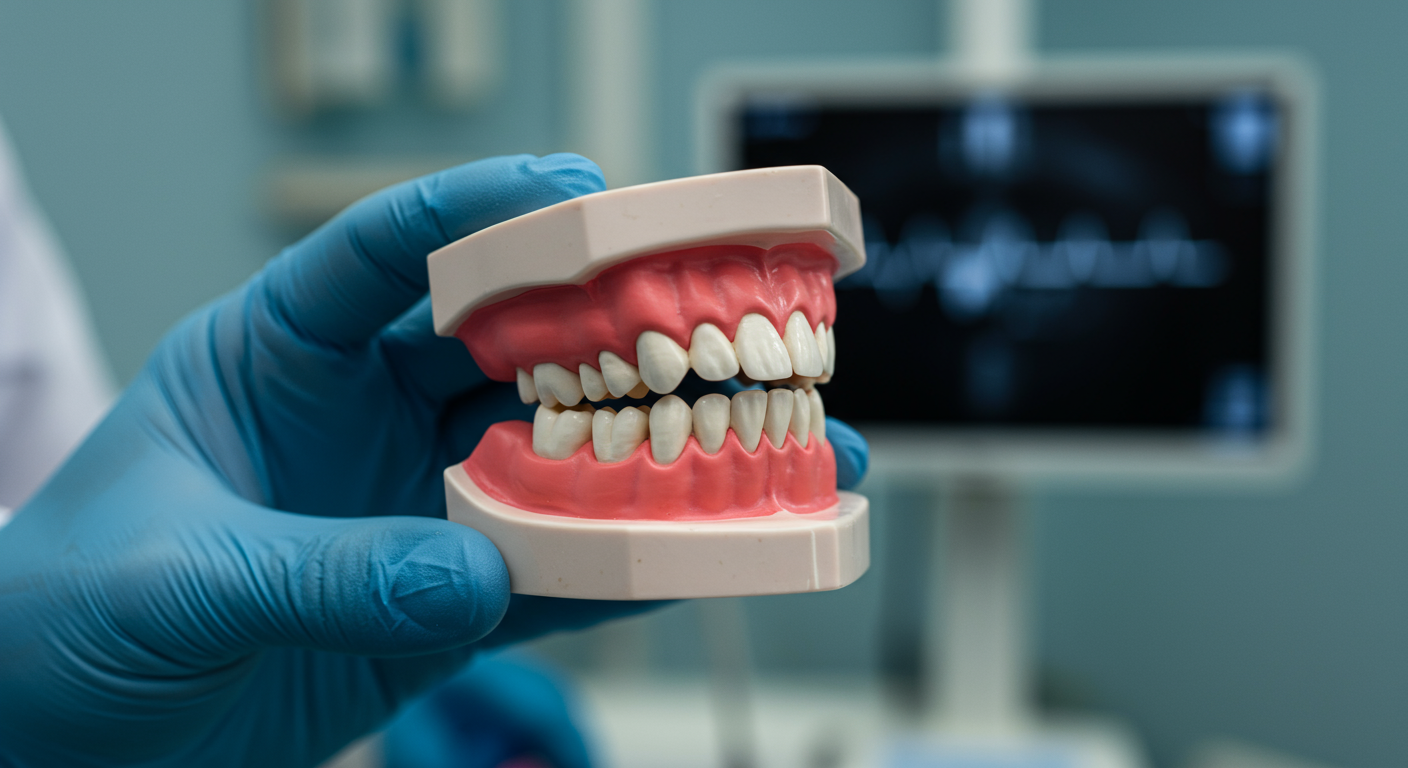
So, you’ve been told you need a dental crown—or maybe you just Googled “dental crown near me” and landed here. Either way, you’re in the right place. Dental crowns aren’t just about fixing a tooth; they’re about protecting your smile, your confidence, and your wallet in the long run. But before you book an appointment with the first clinic on the search results page, you need to understand what you’re signing up for.
TLDR – Quick Guide
- Dental crowns are caps placed over damaged teeth to restore shape, strength, and function.
- They come in various materials: porcelain, ceramic, metal, resin, and zirconia.
- Costs vary depending on material and insurance, typically ranging from $800 to $2,500 per crown in the U.S.
- Crowns last 5–15 years with proper care.
- Choosing a qualified dentist matters more than who’s geographically closest.
Detailed Breakdown
What Is a Dental Crown?
A dental crown is essentially a custom-made “cap” that covers a tooth that’s been damaged, decayed, or aesthetically compromised. Crowns restore the tooth’s original size, shape, and function, and are often recommended after root canals, large fillings, or serious tooth fractures.
Types of Dental Crowns
Not all crowns are created equal. Here are the most common types:
- Porcelain-fused-to-metal (PFM): Strong, but the metal can show over time.
- Ceramic/Porcelain: Best for front teeth; very natural-looking.
- Gold/Metal: Ultra-durable and long-lasting, but very visible.
- Resin: Budget-friendly, but not as strong.
- Zirconia: A newer option that offers strength and aesthetics.
How Much Does a Dental Crown Cost?
The cost depends on:
- The material used
- The complexity of your case
- Insurance coverage
Expect to pay between $800–$2,500 per crown. Many dental clinics, like those in the Asta Dental model, offer consultations to help you estimate costs before treatment begins.
What to Ask Before Getting a Crown
- What crown materials do you offer?
- How many appointments will it take?
- Will I need a temporary crown?
- What’s the warranty or policy for damaged crowns?
How to Choose the Right Dentist
Instead of just typing “dental crown near me” and hoping for the best, look for:
- Verified patient reviews
- Dentist credentials and specialties
- Transparent pricing
- Modern equipment and crown material options
- Flexible payment or insurance plans
Key Takeaways
- Not all dental crowns are created equal—the right material and dentist make a big difference.
- Costs vary widely, so don’t assume cheapest is best (or that the most expensive guarantees perfection).
- Aesthetic and durability should both be considered, especially for front teeth.
- Proper care = longer crown lifespan—think 10+ years if you’re diligent.
- Don’t just search “dental crown near me”—dig deeper for reviews, experience, and quality materials.
FAQs
What’s the difference between a crown and a filling?
A filling repairs a small area of decay; a crown covers and protects the entire tooth. Crowns are typically used for more serious damage.
How long does it take to get a crown?
Usually 2 visits: one for prep and impressions, and a second for placement. Some modern clinics offer same-day crowns using CAD/CAM tech.
Is getting a crown painful?
With local anesthesia, the process is usually painless. You may feel slight discomfort or sensitivity afterward, but it’s temporary.
Can I eat normally with a crown?
Yes, once it’s fully set. Just avoid super hard or sticky foods for the first few days.
How do I care for my dental crown?
Brush, floss, and avoid grinding or biting hard objects. Regular dental visits are key to making your crown last.
